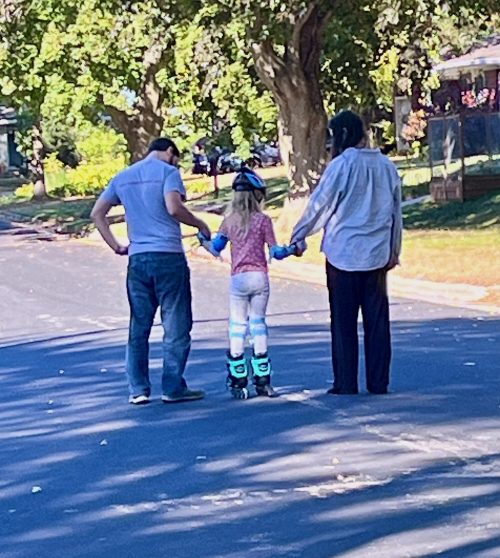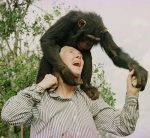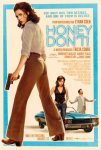Have you ever sat down to watch a movie and realized, within 5 minutes, that it was going to suck, but you’d walked to the theater and your knees were aching and you just need to sit and rest for a while before beginning the clumsy trek home again, so you decide that letting your brain suffer for two hours is better than wrecking your legs some more? No? Maybe I was too specific.
Anyway, I tortured my self with Tron: Ares last night. I’d seen the original Tron when it first came out in 1982, it sucked then, and I should have known better, but over 40 years have passed and the memory had faded. Now I remember. Remind me when the sequel comes out (yes, it sets up a sequel) that I shouldn’t waste my time.
The summary: it’s a movie about unexplainable magical phenomena gussied up with a lot of bad technobabble. I can enjoy a movie that has magic as a key premise, but the technobabble kept bringing me up short, with a jolt: whoever wrote this thing doesn’t understand physics or biology, and for a movie that is ostensibly built around programming computers, they don’t have the vaguest notion of how those machines and skills work. It’s simultaneously magic + coding. Hated it.
What the heck is a “particle laser”? It’s central to the story, but it makes no sense.
Also, Jared Leto.
I shoulda stayed home.










